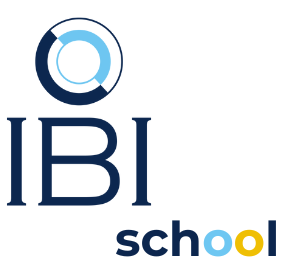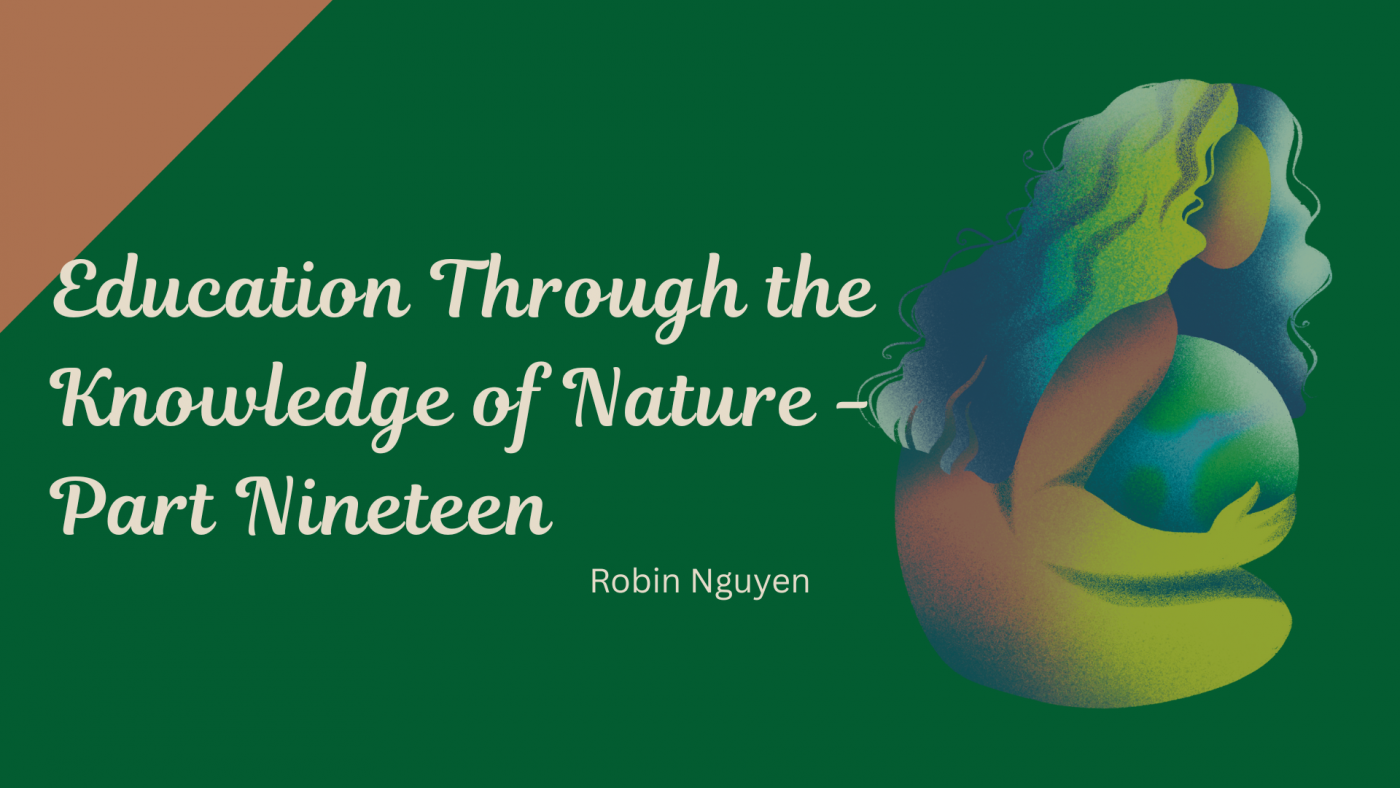“One of the biggest issues today is our disconnect from nature—a trend that alarmingly extends even to younger generations.” Robin Nguyen
Part Nineteen: Learning with Robots
Last week, I had an online meeting with a friend of mine in the US who works in education and EdTech. He asked me what I thought about students learning with robots.
I explained to him that at IBI, children study English with native-speaking teachers. Learning is not just about knowledge. As humans, we don’t only absorb information—subconsciously, children also learn from every action of their teachers. Our bodies teach and learn too.
In addition, good teachers inspire through their voices, the expression in their eyes, their understanding, and their care—things robots cannot provide. We often forget that the “vibrations” of a teacher—their presence, energy, and authenticity—have more influence than words or actions alone. Robots, no matter how much knowledge they are programmed with, lack this human essence.
I also shared with him that at IBI, our flipped model allows students to learn at their own pace, harmoniously combined with live interactive classes and outdoor experiences. We believe children need time to engage with people and nature, as both are essential to their growth.
Then I asked him: Do we really want our children to look and act like robots in the future?
He also raised concerns about the rapid acceleration of AI and how IBI applies it in our system. I explained that AI certainly has its advantages—in education, it helps simplify operational processes, which is exactly how we are using it now. However, learning from robot teachers or through adaptive learning systems can never replace the human element—teachers and peers—especially when it comes to children.
When technology grows driven purely by self-interest, it can harm people, the environment, and society. I notice a trend: the more technology advances, the more people are drawn back to humanity, as deep down we sense the damage it can cause.
Do you think our children will truly be happy if everything is made ready and convenient for them, but without real human connection? The consequences could be laziness, the pursuit of quick money and shallow love, overindulgence, poor mental health, loneliness, even despair.
After a thoughtful silence, he responded with feeling, “That’s my key takeaway.”
Author: Robin Nguyen


